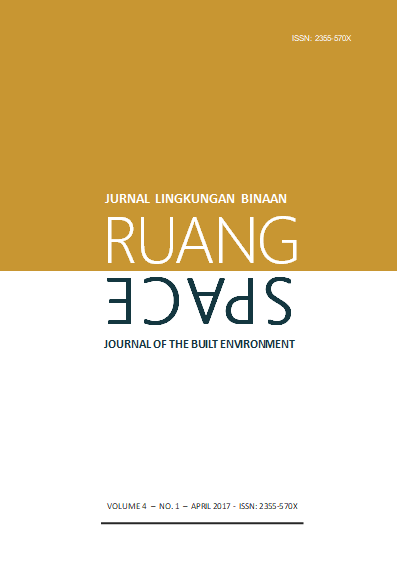Editorial: Sustainability is in Question
Abstract
The thesis is simple. Due to the ambiguous interpretations of sustainability (each enterprise interpreting the word in their own way) - there can be no significant explanation of the term outside a theory of capital accumulation. With its absorption by the market, the term sustainable has been elevated to sublime uselessness. It has become a totally politicized ideology anointed with anodyne qualities. Paradoxically, these very qualities are invaluable to the reproduction of capital. It bleats we are all together in this battle against climate change, pollution, and the destruction of natural resources. Populations throughout the developed world have rallied to the cause, providing subliminal cover for corporate rape and pillage to continue as usual. So the term sustainability allows the deepening of capitalist social relations chameleon properties, obscuring the fact that scarcity is not a problem of nature but of politics. Neo-Darwinism rules.
No corporation will voluntarily sacrifice market share to sustainable practices. No nation will willingly sacrifice gross development product for the greater good. And no politician will sacrifice votes to their moral conscience. As Nicolas Sarkozy recently said ‘we know what to do, we just don’t know how to get re-elected if we do it’. Consequently economic growth measured as GDP will likely ‘tank the biosphere’ and only the rich will afford to live sustainably (Monbiot).
The causes of this global problem are clear. Nature has its own laws. But the neo-corporate state has adopted a mechanistic concept of nature which only recognizes its instrumental value within the market system. This allows corporations free reign to fly the flag of patriotism and benevolence. The terms green and sustainable now legitimize the very institutions that have bankrupted, polluted and exhausted nature – banks, finance and insurance companies, national and trans-national corporations. Unfortunately nature does not yield to the market without problems and an unsustainable planet is the result. Clearly, none of this will be solved by insulation bats in Sydney roofs, solar panels, bio-fuelled buses, wind farms in Denmark, or a Toyota Prius in the garage. These are cosmetic fixes for the wealthy, short term forms of penance to assuage individual guilt. The structural problems of the capitalist system remain undiminished.
In its Volume IV, Number 1, Ruang-Space Journal publishes seven articles. The first one is composed by I Putu Edy Rapiana, entitled Perubahan Fungsi Spasial sebagai Akibat Perkembangan Pariwisata di Banjar Kedungu, Desa Belalang Kecamatan Kediri, Kabupaten Tabanan (Spatial Changes Resulted from the Tourist Development in Kedungu Neighborhood, Belalang Village, Kediri District, of Tabanan Regency). The second article is contributed by Kadek Ary Wibawa Patra. This publication is entitled Alih Fungsi Lahan Pertanian yang Berbatasan dengan Area Puspem Kabupaten Badung: Tahun 2005-2015 (The Conversion of Agricultural Land Situated on the Periphery of Badung Regency's Civic Centre: in the Year of 2005-2015). The third article is authored by A A Gde Djaja Bharuna S, entitled Perkembangan Spasial di Desa Pengotan - Bangli (Spatial Development of Pengotan Village - Bangli).
The fourth article is written by I Putu Hartawan, whose title is Pemanfaatan Ruang Terbuka Publik sebagai Setting Kegiatan Ngaben Masal di Banjar Teges Kawan Yangloni, Peliatan (The Use of Open Public Space, as a Setting for Mass Cremation Related Activities in Teges Kawan Yangloni Neighborhood, of Peliatan Village). The fifth article is authored by I Ketut Mudra entitled Kontribusi Program Desa Wisata dalam Mentransisi Arsitektur Umah Tua di Desa Julah, Kecamatan Tejakula, Kabupaten Buleleng, Bali (The Contribution of Village-Based Tourism Program in the Conversion of Original Homes in Julah Village, Tejakula District, Buleleng Regency, Bali). The sixth article is contributed by Michael Bounds and Peter Phibbs with a title of Putting Practice into Theory: Reconciling Academic Discourse with Experience. The seventh article is by Ni Made Swanendri, with a title Pola Spasial Permukiman Desa Pakraman Timbrah, Karangasem (Spatial Pattern of Timbrah Settlement in Karangasem).
Downloads
The copyright of the received article shall be assigned to the journal as the publisher of the journal. The intended copyright includes the right to publish the article in various forms (including reprints). The journal maintains the publishing rights to the published articles.



